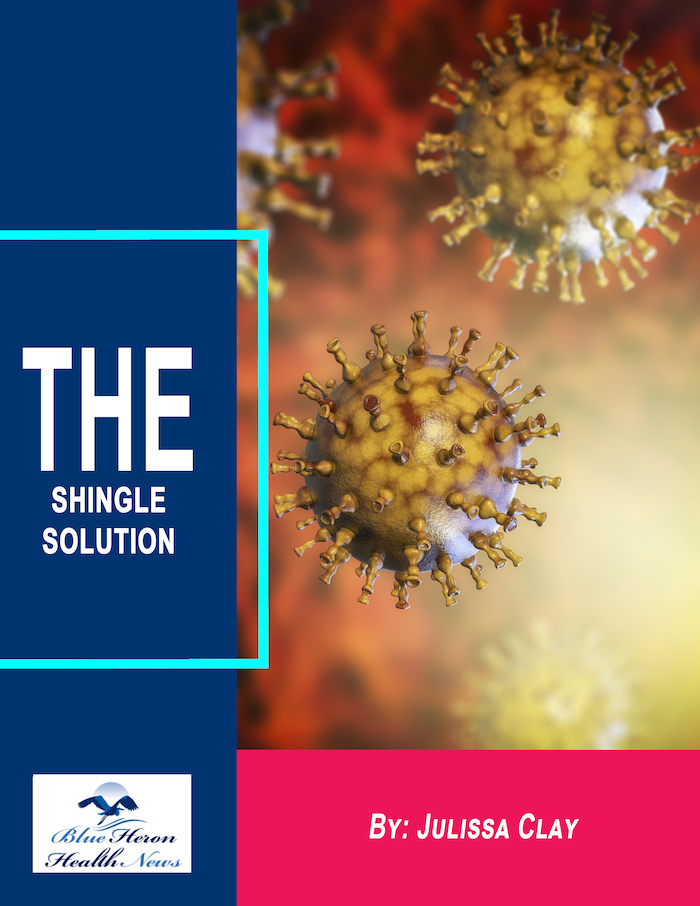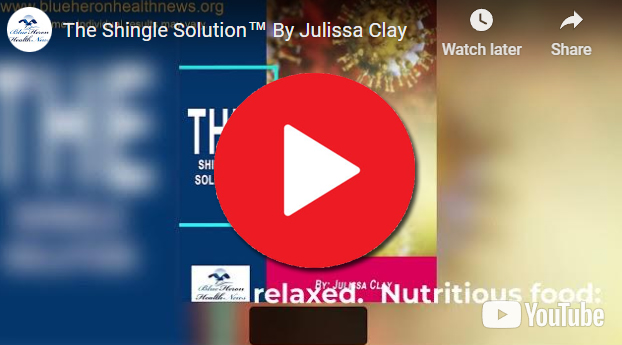
The Shingle Solution™ By Julissa Clay The Shingle Solution can be the best program for you to relieve your pain and itching by using a natural remedy. It describes the ways to use this program so that you can feel the difference after using it as directed. This natural remedy for shingles can also help in boosting your immune system along with repairing your damaged nerves and relieve pain and itching caused by shingles. You can use it without any risk to your investment as it is backed by a guarantee to refund your money in full if you are not satisfied with its results.
How does HIV/AIDS affect the risk of shingles?
Impact of HIV/AIDS on the Risk of Shingles
Overview
HIV (Human Immunodeficiency Virus) and AIDS (Acquired Immunodeficiency Syndrome) significantly increase the risk of developing shingles (herpes zoster). This increased risk is primarily due to the profound impact HIV/AIDS has on the immune system, specifically its effect on CD4+ T cells, which are crucial for controlling viral infections, including the varicella-zoster virus (VZV).
Mechanisms of Increased Shingles Risk in HIV/AIDS
- Immunosuppression:
- CD4+ T Cell Depletion: HIV targets and destroys CD4+ T cells, which are essential for coordinating the immune response. A significant reduction in CD4+ T cells weakens the body’s ability to control latent infections, including VZV.
- Weakened Immune System: As HIV progresses, the immune system becomes increasingly compromised, making it difficult for the body to keep the dormant VZV in check, leading to reactivation and shingles.
- Chronic Inflammation:
- Immune Activation: HIV causes chronic immune activation and inflammation, which can further impair immune function and contribute to the reactivation of latent viruses.
- Opportunistic Infections:
- Increased Susceptibility: People with HIV/AIDS are more susceptible to opportunistic infections due to their weakened immune systems. Shingles is one such opportunistic infection that becomes more common as immune function declines.
Clinical Features of Shingles in HIV/AIDS Patients
- Higher Incidence:
- Increased Frequency: Studies show that individuals with HIV are more likely to develop shingles compared to the general population. The risk is particularly high in those with lower CD4+ T cell counts.
- Recurrence: HIV-positive individuals may experience recurrent episodes of shingles, which are less common in the general population.
- Severity of Symptoms:
- More Severe Outbreaks: Shingles in HIV-positive individuals often presents with more severe symptoms, including extensive rashes and more intense pain.
- Disseminated Shingles: In some cases, shingles can become disseminated, meaning the rash spreads to multiple parts of the body rather than being localized to a single dermatome. This is more likely in individuals with severely weakened immune systems.
- Complications:
- Postherpetic Neuralgia (PHN): The risk of developing PHN, a condition characterized by persistent nerve pain after the shingles rash has healed, is higher in HIV-positive individuals.
- Other Complications: Other complications, such as bacterial superinfection of the shingles lesions, ocular involvement (herpes zoster ophthalmicus), and neurological issues (encephalitis, meningitis), are also more common and severe in HIV/AIDS patients.
Diagnosis and Management
- Diagnosis:
- Clinical Evaluation: Diagnosis of shingles in HIV-positive individuals is typically based on the characteristic rash and associated symptoms.
- Laboratory Tests: In some cases, laboratory tests such as PCR (polymerase chain reaction) to detect VZV DNA or viral cultures may be used to confirm the diagnosis.
- Antiviral Treatment:
- Prompt Antiviral Therapy: Early initiation of antiviral medications (acyclovir, valacyclovir, famciclovir) is crucial in HIV-positive individuals to reduce the severity and duration of shingles and to prevent complications.
- Longer Treatment Duration: HIV-positive individuals may require a longer duration of antiviral treatment compared to the general population.
- Pain Management:
- Pain Relief: Management of shingles pain in HIV-positive individuals includes the use of analgesics (acetaminophen, NSAIDs), opioids for severe pain, and adjuvant therapies such as anticonvulsants (gabapentin, pregabalin) and antidepressants (amitriptyline).
- Prevention:
- Shingles Vaccine (Shingrix): The recombinant zoster vaccine is recommended for HIV-positive individuals, especially those with higher CD4+ T cell counts. Shingrix is safe and effective in reducing the risk of shingles and its complications in this population.
- HIV Management: Effective antiretroviral therapy (ART) to control HIV and maintain higher CD4+ T cell counts is crucial in reducing the risk of shingles.
- Regular Monitoring:
- Routine Check-ups: Regular medical check-ups to monitor HIV progression, CD4+ T cell counts, and overall health are essential for early detection and management of shingles and other opportunistic infections.
Conclusion
HIV/AIDS significantly increases the risk of developing shingles due to the profound immunosuppression associated with the disease. The depletion of CD4+ T cells and chronic inflammation weaken the immune system’s ability to control latent infections like VZV, leading to higher incidence, severity, and complications of shingles in HIV-positive individuals. Prompt antiviral treatment, effective pain management, vaccination, and comprehensive HIV care are crucial strategies for managing shingles in this population. Understanding the relationship between HIV/AIDS and shingles is essential for preventing and effectively treating this opportunistic infection in immunocompromised patients.

The Shingle Solution™ By Julissa Clay The Shingle Solution can be the best program for you to relieve your pain and itching by using a natural remedy. It describes the ways to use this program so that you can feel the difference after using it as directed. This natural remedy for shingles can also help in boosting your immune system along with repairing your damaged nerves and relieve pain and itching caused by shingles. You can use it without any risk to your investment as it is backed by a guarantee to refund your money in full if you are not satisfied with its results.